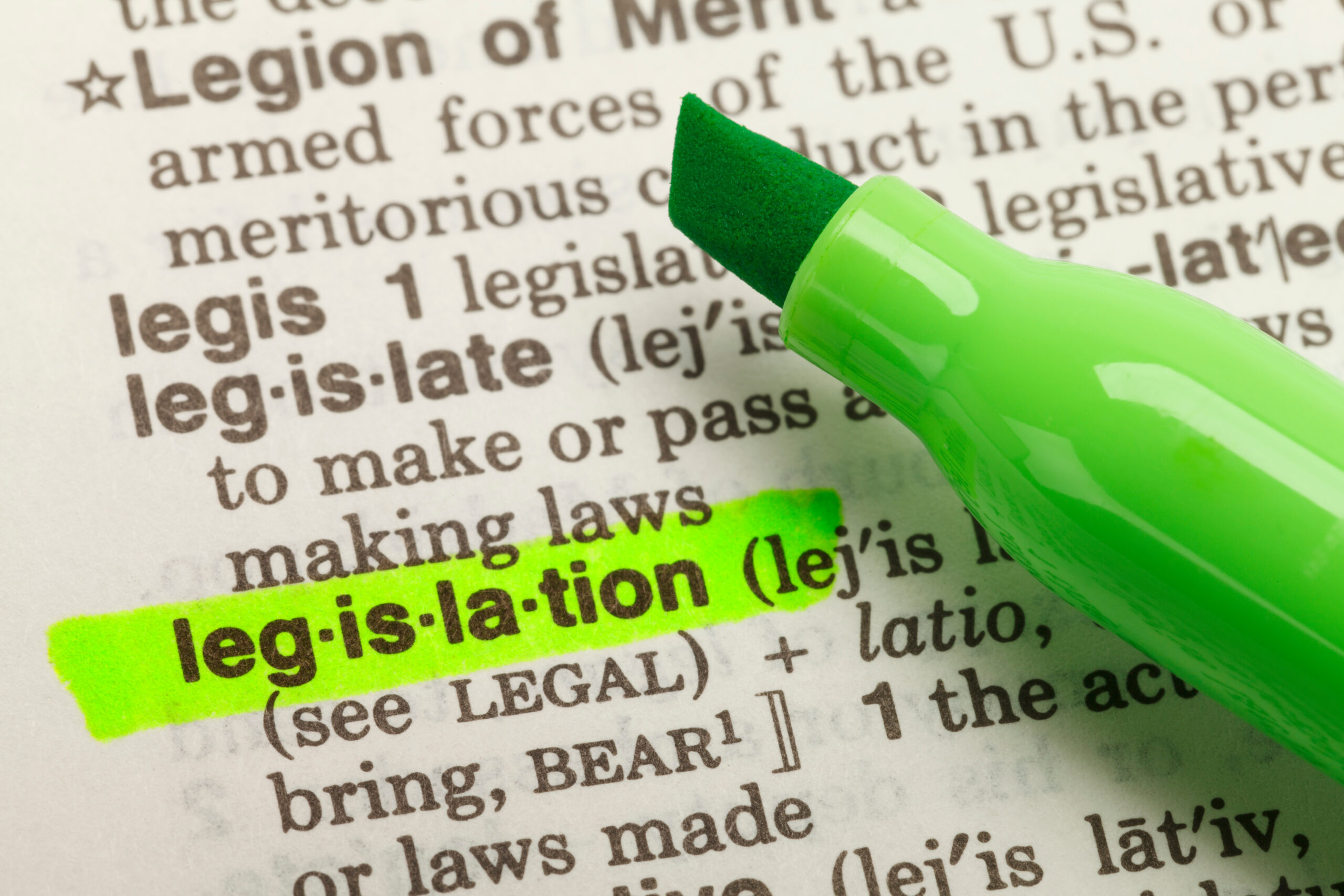- 06 Nov 2023
- •
- 2 min read
Changes to UK Company Law

New laws to fight fraud, counter corruption and boost legitimate business received Royal Assent on 26 October 2023. The Economic Crime and Corporate Transparency Act (the Act) introduces enhanced abilities to verify the identities of company directors, remove fraudulent organisations from the company register and share information with criminal investigation agencies.
The introduction of this Act represents the biggest change to the powers given to Companies House in its 180-year history. Once this comes into force, immediate steps will be taken to improve the quality of information on the company register.
The measures will include:
- the removal of invalid registered office addresses, such as those used fraudulently to set up companies;
- further verification checks to assess the identities of people setting up and managing companies including directors, people with significant control and those who file on behalf of companies;
- improving the financial information on the register so that the register is accurate and reliable to enable better business decisions;
- providing Companies House with more effective investigation and enforcement powers and the ability to share this information with partners; and
- enhancing the protection of personal information to protect individuals from fraud.
The idea behind these changes is to prevent criminals hiding behind false names, registering companies with fictional characters and avoid people involved in money laundering hiding behind false identities.
These new enhanced powers will help the Registrar of Companies for England and Wales maintain the 4 new objectives that the Act has brought in. These new objectives for the Registrar are:
- To ensure that anyone required to deliver a document to the Registrar does so, and all requirements for proper delivery are complied with.
- To ensure information contained in the Register is accurate and that the Register contains all information it ought to contain.
- To ensure that records kept by the Registrar do not create a false or misleading impression to members of the public.
- To prevent companies and others from carrying out unlawful activities or facilitating others to carry out unlawful activities.
Many of the changes needed will require system development and secondary legislation before they can be introduced which could take some time. However, there are a series of early measures which are expected to come into force in early 2024, these include:
- greater powers to query information that seems incorrect or inconsistent with information already provided, in some cases even allowing for the removal of information;
- stronger checks on company names;
- new rules for registered office addresses which will mean all companies must have an appropriate address at all times. Companies will not be able to use a PO Box as their registered office address;
- a requirement for all companies to supply a registered email address and for all companies to confirm they’re forming the company for a lawful purpose when they incorporate. Every year, the company will need to confirm that its future activities will be lawful on their annual confirmation statement;
- annotations on the register to let users know about potential issues with the information that’s been supplied to us;
- taking steps to clean up the register, using data matching to identify and remove inaccurate information; and
- sharing data with other government departments and law enforcement agencies.
The Act represents a welcome change and will hopefully help prevent economic crime and prevent abuse of the Register whilst simultaneously supporting the economic growth in the UK. We will keep abreast of any developments in relation to the Act and provide any updates.
If you would like to talk to our Corporate team, please please call us on 0800 2800 421 or contact us using the form below.





